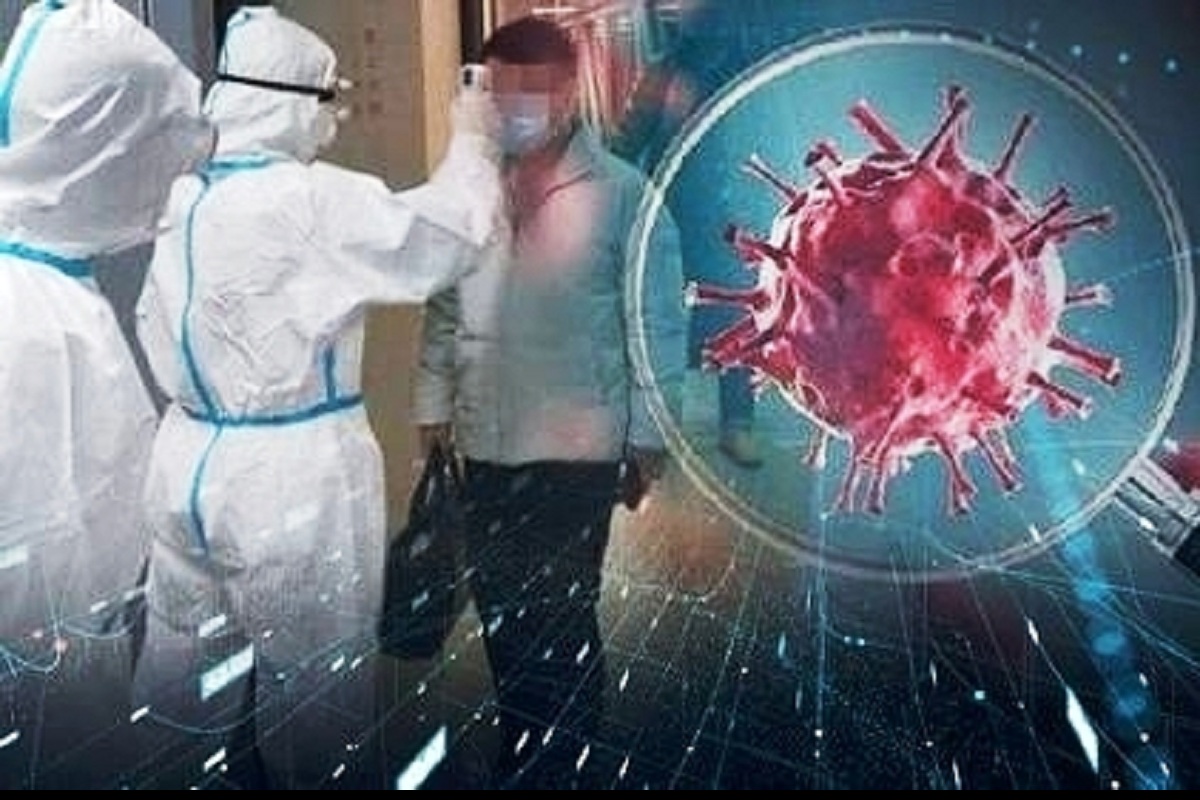In the fight against the novel coronavirus, researchers have made significant progress in understanding the Covid-19 virus and offered possible ways to stop the pandemic.
“While the findings need to be validated with larger groups of patients, they could have important implications for treating and studying this disease,” said study author Douglas Fraser from the Lawson Health Research Institute in Canada.
Advertisement
According to the study published in the journal Critical Care Explorations, a major complication occurring in most critically ill Covid-19 patients is clotting in the lung’s small blood vessels which leads to low oxygen levels in the body.
“The reason for this clotting has been unclear. Most suspect the clotting mechanisms in our blood are put into overdrive and so many clinicians have been treating with anticoagulant therapies like the drug heparin,” Fraser said.
“But we’ve uncovered an entirely different mechanism,” Fraser added.
In a first study, the team measured 1,161 plasma proteins from the blood of 30 participants: 10 Covid-19 patients and 10 patients with other infections admitted to ICU, as well as 10 healthy control participants. Blood was drawn on set days of ICU admission, processed in a lab and then analysed using statistical methods and artificial intelligence.
The team noted that predicting a patient’s disease severity can help in a number of ways. It could allow for medical teams to have important conversations with family members, setting goals of care based on the patient’s health and personal wishes. In a second study, the team further analysed the blood samples from the 30 participants and found evidence to suggest that the inner linings of small blood vessels are becoming damaged and inflamed, making them a welcoming environment for platelets (small blood cells) to stick. They discovered that Covid-19 patients had elevated levels of three molecules (hyaluronic acid, syndecan-1 and P-selectin.)
The first two molecules are products broken down from small hair-like structures (the glycocalyx) which line the inside of the blood vessels. Their presence suggests the glycocalyx is being damaged with its breakdown products sent into the bloodstream. The presence of P-selectin is also significant as this molecule helps to make both platelets and the inner lining of blood vessels adhere to one another.
“The glycocalyx keeps platelets from touching the inside wall of the blood vessel and helps facilitate the production of nitric oxide, which has an important role in preventing platelets from sticking,” explained Fraser.
“We suspect the body’s immune response is producing enzymes that shear off these little hair-like structures, inflaming blood vessels and making them a welcoming environment for platelets to form clots,” Fraser said.
The team suggests that two therapies may hold promise for treating blood clots in Covid-19 patients: platelet inhibitors to stop platelets from sticking and molecules to protect and restore the inner lining of blood vessels.











